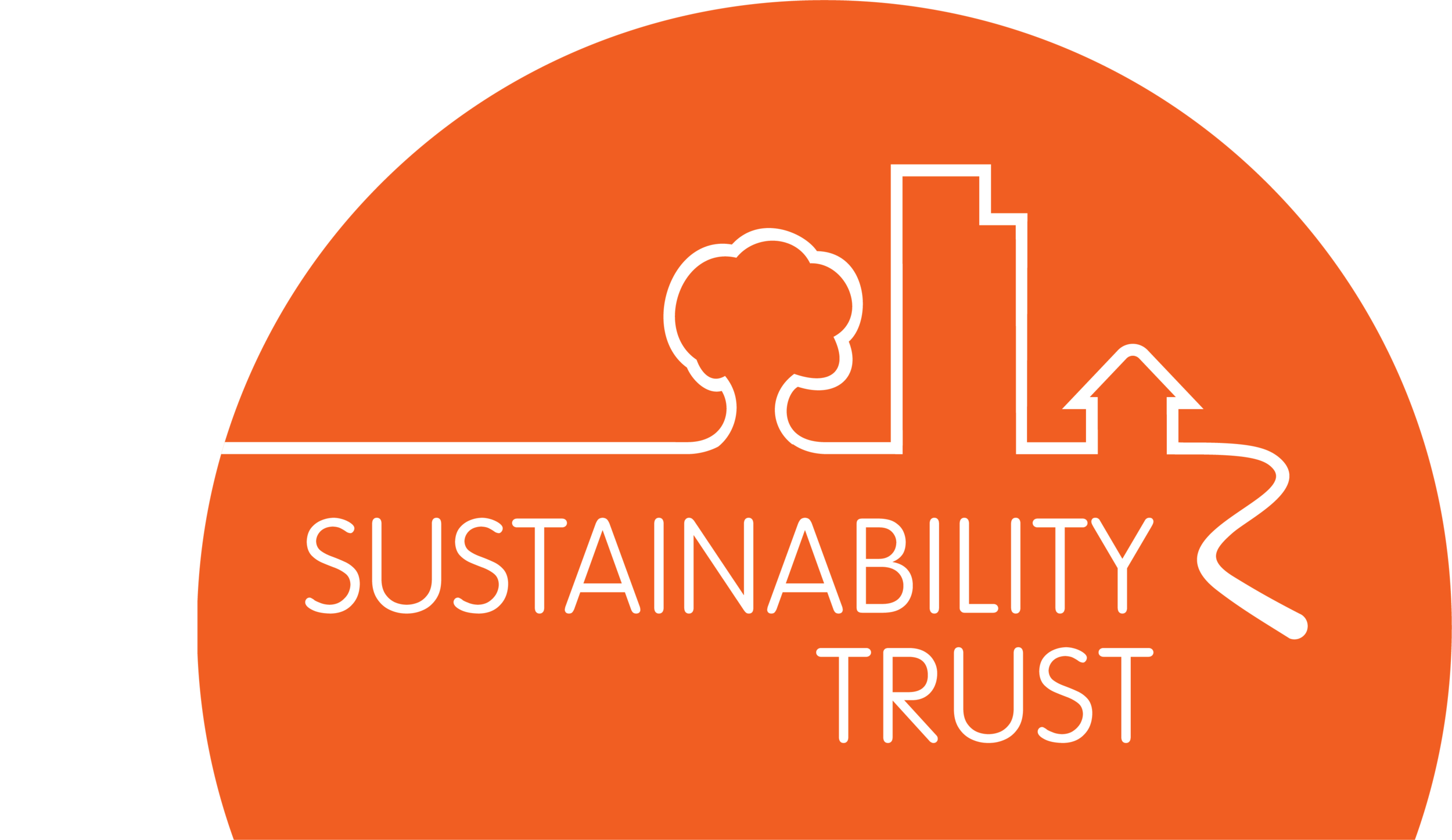How can you Bee Aware?
Published 1 September 2019
Save the bees
Did you know that one mouthful in three is directly thanks to bee pollination? Bee Aware Month (every September) is a chance for us to learn about the incredible value bees bring to our lives and find out how we can help them!
Around the world is there is growing concern about the health of bees. The humble bee is threatened by disease, mites, pesticide use and habitat degradation.
Here in New Zealand however, we have more honey bees than ever before – one million colonies, each of which can produce up to 150kgs of honey per year.
This is double the honey bee population of ten years ago – a boom fuelled by growing demand for mānuka honey. On the plus side, this means a massive pollinator population that supports our agriculture and biodiversity. However, making sure these bees are fed by having plenty of flowers around is a big job!
Why do we need to bee aware?
When we look after our honey bees we also look after our native bees – lesser-known bees who are small, don’t make honey and live in the ground.
Little is known about them but it is these wee friends that are under threat in New Zealand.
What can I do?
Grow plants in your garden that attract bees. Bees love plants with ample amounts of pollen and nectar such as borage, lavender, rosemary, calendula and forget-me-not. Read more at Trees for Bees.
Don’t mow your lawn too often, leave clover and dandelion in the lawn for a while for bees to forage on (if you can stand it).
Eat more organic food to encourage producers to limit pesticides on crops.
If you come across a swarm of bees don’t call the exterminators but instead, call your local beekeeping club. Having said this you do want to destroy wasp nests as they rob beehive honey stores.
Garden organically. Look for bee-friendly sprays and use them at dusk when the bees are back in their hives.
Create a shallow pond with pebbles around the edge in your garden where bees can land to collect water.

